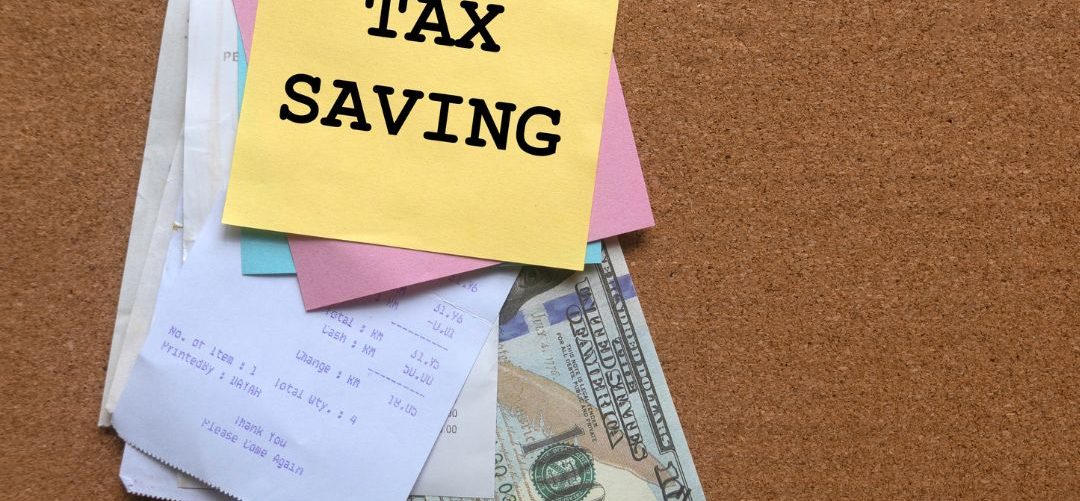The education cess, which is collected at 4% of the tax payable, is charged as a supplementary cost on taxpayers to finance certain government welfare programs, primarily elementary and secondary education. The education cess is paid solely on the tax owed, and if your income falls under the non-taxable slab of the IT taxing slab, you do not have to pay the cess.
The Centre implemented an education cess in FY 2005 to fund elementary education. The Health and Education Cess (Cess) is now set at 4% of gross tax liability (including surcharge). As taxpayers began to claim cess as a deduction from their taxable income, a conflict arose with the tax authorities. As a result, the petition was heard by the Bombay High Court, which granted the taxpayers a deduction. Following the court’s judgment, an increasing number of taxpayers began claiming cess deductions, either in their tax return or through an application to the Tax Officer/Appellate Authority.
To address the escalating issue, the Centre amended the Act through the Finance Act, 2022, having a retroactive effect from the fiscal year 2004-2005. (i.e., the year in which Cess was first introduced). According to this change, any surcharge or cess cannot be deducted by the taxpayer. It further said that the tax office is now authorized to issue notifications and issue correction orders for previous years. As there is a time constraint for passing a rectification order, the four-year limitation period begins on April 1, 2021.
Because many taxpayers have already claimed a cess deduction, a taxpayer can make an application in a prescribed form within the required period for re-computation of their tax. In such cases, the taxpayer is exempt from the imposition of a penalty. The Central Board of Direct Taxes (CBDT) has issued regulations and an application form for making this request.
The CBDT recently published a bulletin outlining the procedure for filing petitions for re-computation of income when taxpayers claimed a cess deduction.

